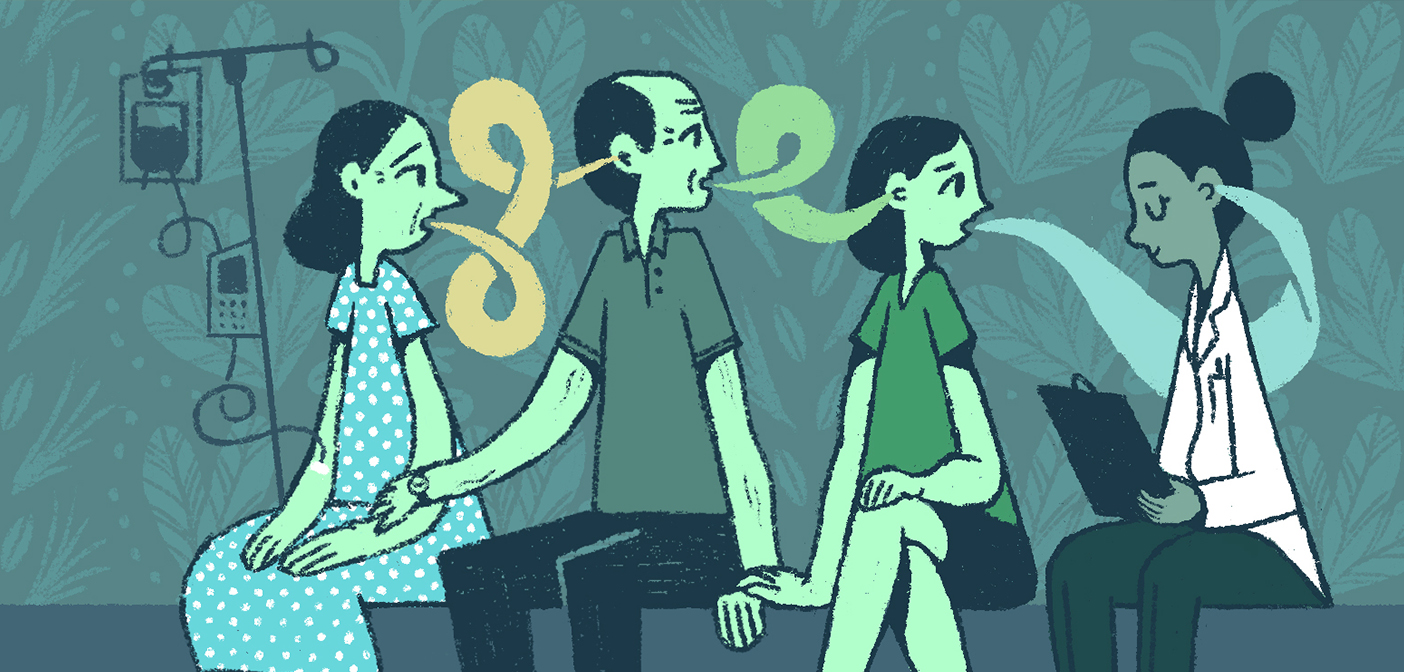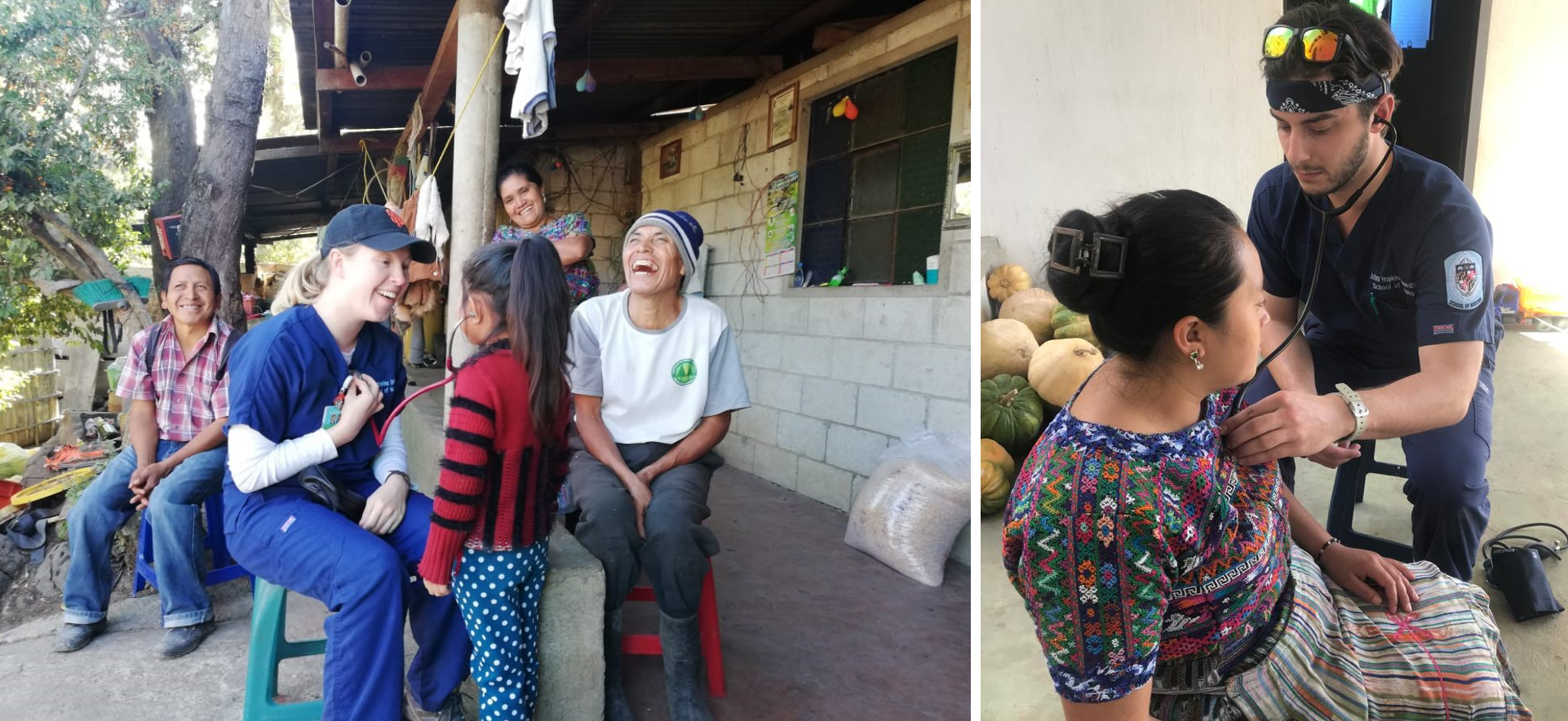Communication initiatives empower them to become part of the care team
Recent research released by the Journal of Patient Safety suggests that medical errors are the third-leading cause of fatalities, behind only cancer and heart disease. Moreover, roughly one-third of medical errors could be prevented by improved communication. At Suburban Hospital, a recently formed group called the Patient and Family Advisory Council (PFAC) has developed patient- and family-centric initiatives to improve hospital-wide communication and, with it, patient safety.
Toby Levin, co-chair of PFAC, knows the critical importance of open and effective communication between patients or attendant family members and hospital staff.
Keeping close tabs on her elderly father during a hospital stay at Suburban, Levin had warned the staff that her dad should not be given a medication for sleeping that had
“The PFAC at Suburban has been instrumental in helping us see ourselves and our practices from the eyes of a patient, or their loved one.”
— Kimberley Kelly, MBA, RN
caused him to hallucinate on a previous occasion. A staff member wrote in her father’s chart that he was “sensitive” to the drug. That may not have been a strong enough warning, because one night after Levin had left the hospital, her father was given the drug upon awakening. Afterward, he attempted to get out of bed and, subsequently, fell and hurt himself. The incident could have had any number of ripple effects. But ultimately, it helped to bring about positive change at Suburban Hospital.
In just five years, PFAC has turned a feeling that there needed to be a stronger partnership with the patient and family into a formalized, system-wide transformation in how staff members perceive and communicate with them. The council consists of 17 former patients or family members and eight key staff members, including physicians, nursing directors, and other medical personnel.
PFAC patient and family advisers sit on most hospital committees and have been involved in several initiatives that empower patients and their families to receive and share information more readily during the hospital stay, essentially becoming an integral part of the healthcare team.
For PFAC to succeed, Suburban’s hospital staff had to be open to a more patient- and family-centered environment. “The PFAC at Suburban has been instrumental in helping us see ourselves and our practices from the eyes of a patient, or their loved one,” says Kimberley Kelly, MBA, RN, critical care nursing director at Suburban. “They have shared their own personal experiences and their stories are quite powerful.”
This information sharing is central to the PFAC process. “For me, working on the Advisory Council is a full-time commitment,” Levin says. “I am happy to do it as we can see that a cultural change between patients, their families, and staff is occurring.”
Illustration by Jon Marchione

 Forging Policy: How Can Doulas Improve Black Maternal Health?
Forging Policy: How Can Doulas Improve Black Maternal Health? Guatemala Re-visited: Rainwater Project Shows Value of Service-learning Trips
Guatemala Re-visited: Rainwater Project Shows Value of Service-learning Trips You’re Welcome
You’re Welcome Forging Policy: Associate Dean Jermaine Monk and Education After Affirmative Action
Forging Policy: Associate Dean Jermaine Monk and Education After Affirmative Action Nursing Named Most Trusted Profession for 22nd Consecutive Year
Nursing Named Most Trusted Profession for 22nd Consecutive Year






